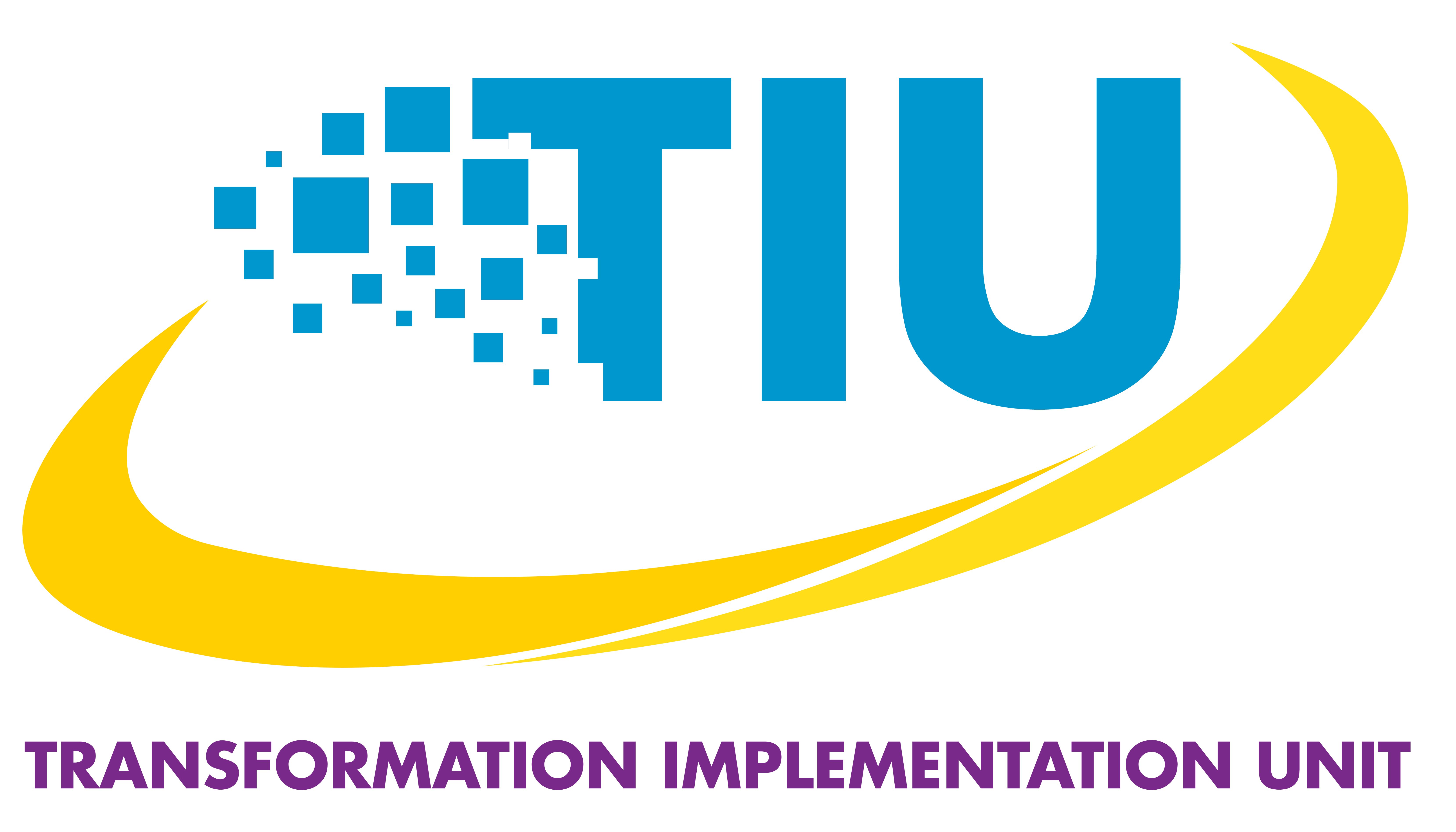
How to Support Employees During the Process of Rationalisation
Melodie Williams, HR Lead – Corporate Transactions
Along with change management interventions and the constant application of communication strategies and plans, employees need to be supported and guided, or further assisted, in dealing with the mainly unforeseen and unplanned-for transition processes.
Workforce Adjustment Services help impacted employees deal with the changing elements of a transition process as they experience them individually and collectively.
Workforce Adjustment Services include:
- Employment transitioning counselling
- Psycho-social counselling
- Re-Training/Re-Education
- Upskilling
- Guidance and Exposure to Investment Options
- Personal Financial Planning
- Business Counselling and Planning
- Guidance in resume’ writing
- Tips on completing a successful interview
- Career pathing
Workforce Adjustment Services may also extend to include impacted employees in strategic workforce planning, succession planning, and certification programmes.
There is need for a smooth transition and the maintenance of efficiency during periods of adjustment.
It is also necessary to ensure that adjustment programmes are applied consistently across the public service.
This is where HR practitioners’ and general management’s roles come into play.
Some supplementary budgets need to be prepared in anticipation of these rationalisation activities and the proposed Workforce Adjustment Services to be implemented for employees.
In particular, counselling services are integral to the maintenance of the mental well-being of impacted employees and the reduction of stress, anxiety and uncertainty. The Human Resource Department should seek out providers of these services and make them available to employees at the group level which may be accessed anonymously and confidentially at the individual level, as necessary.
These services assist the organisation to:
a) plan and accomplish the transition of an individual or group of employees
b) work with impacted individuals, to help them cope
c) provide support for staff who will remain in the organisation or the new entity
While access to the counselling service is usually deemed to be for the person who may be separated, it is better seen as essential for all impacted or ‘to be impacted’ employees, especially during the early stages of transition when final decisions have not yet been made and the uncertainty and not knowing what the future holds cause levels of anxiety to rise and employees personally and the organisation may be adversely affected.
Employees who remain after a rationalisation are also impacted and should have access to counselling, as needed, as part of the rebuilding process.
